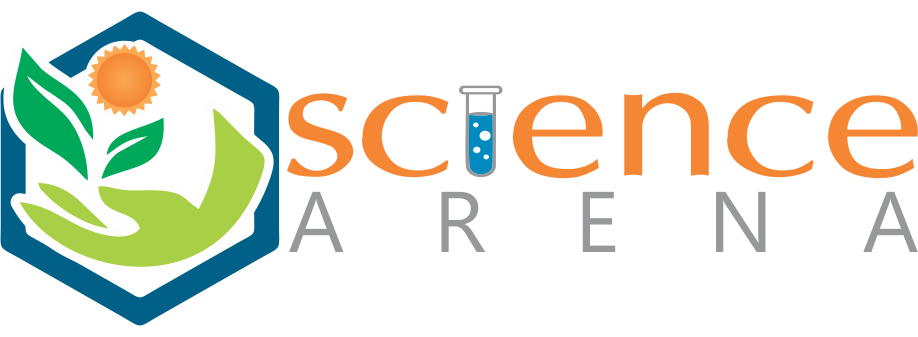ROTAVAC is a new rotavirus vaccine that consists of a strain of the virus that was isolated, manufactured and tested in India. The ROTAVAC trial represents a significant victory for India's scientific community. Based on the study's successful findings, infants in India will gain access to a licensed vaccine and its significant protection against severe rotavirus-induced gastroenteritis.
Rotavac conceived and developed by the Hyderabad-based Bharat Biotech Limited. It protects against childhood diarrhoea caused by the rotavirus. It was developed under the joint collaboration between India and United States in area of medical research.
It was developed under public-private partnership (PPP) model that involved Ministry of Science and Technology, institutions of the US Government and NGOs in India supported by Bill and Melinda Gates Foundation.
The vaccine was built on strain of the virus isolated at the All India Institute of Medical Sciences (AIIMS), New Delhi over 30 years ago. It has been included in India’s national immunisation programme. The vaccine was tested in field for over a year, have not shown any negative effect.
Significance
This recognition signifies credible industrial, scientific and regulatory process in place to develop vaccines in India. It paves the way for health and humanitarian organizations such as UNICEF, GAVI and Pan-American Health Organization to procure Rotavac for public health vaccination programmes across the world.
Rotavirus
It is a most common causative agent of moderate-to-severe diarrhoea (MSD) among infants below 11 months age group in India. It spreads from person to person due to bacterial and parasiting agents that are primarily transmitted through contaminated food or water. It is responsible for estimated 36% of hospitalisations for childhood diarrhoea around world and for estimated 200,000 deaths in low- and middle-income countries. In India, diarrhoea caused by rotavirus, kills nearly 80 thousand children under age of 5 years and up to 10 lakh hospitalizations each year.
Tags
IMMUNOLOGY
